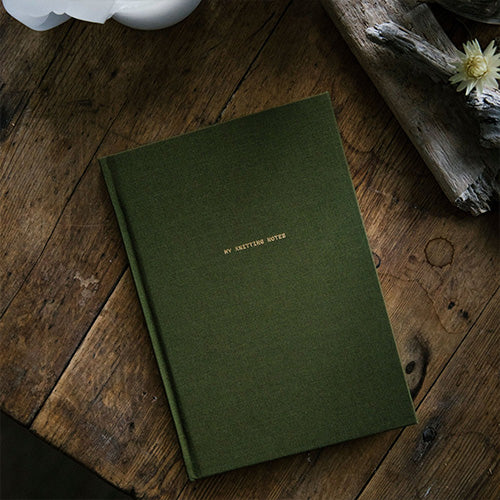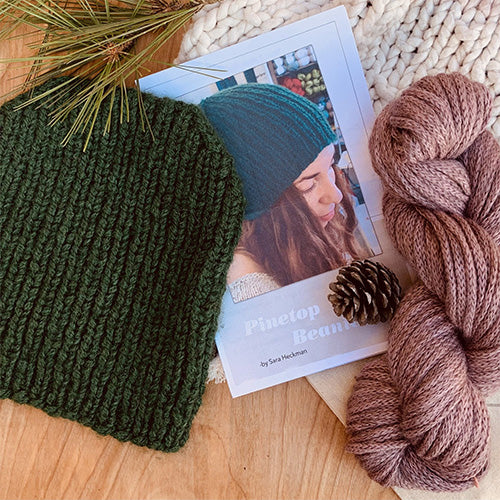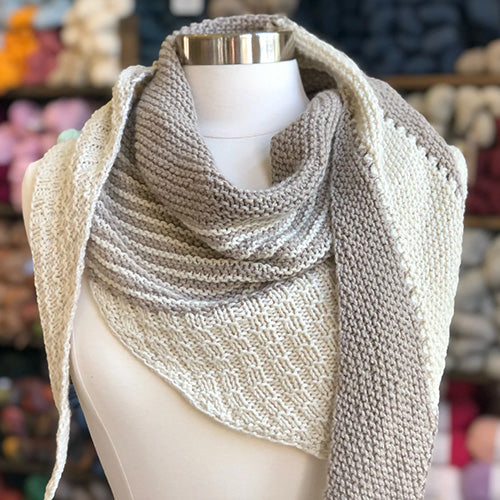Free shipping on orders $75+ within the U.S.
Free shipping on orders $75+ within the U.S.
Yarn
Why Natural Fiber Yarn?
We support socially and environmentally responsible companies, indie yarn dyers, and individuals, prioritizing fair wages, education opportunities, and traditional fiber heritage. Brands like Malabrigo Yarn, Manos del Uruguay, Amano Yarns, and Rosa Pomar uphold these values.
Why Natural Fiber Yarn?
We support socially and environmentally responsible companies, indie yarn dyers, and individuals, prioritizing fair wages, education opportunities, and traditional fiber heritage. Brands like Malabrigo Yarn, Manos del Uruguay, Amano Yarns, and Rosa Pomar uphold these values.
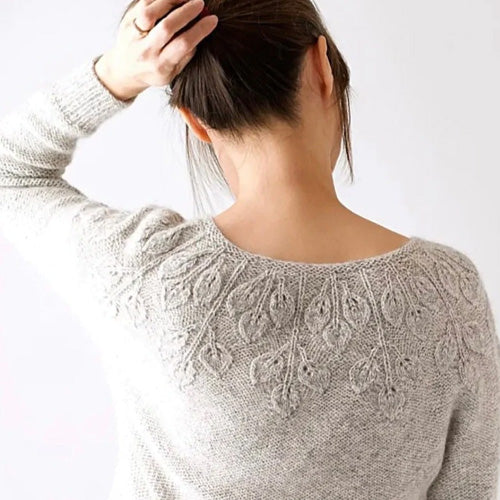
WOOL YARN
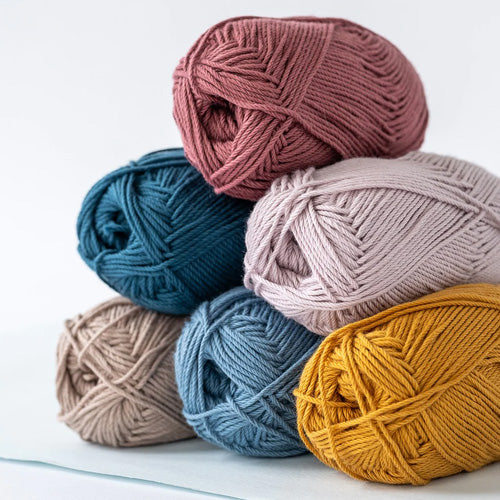
COTTON YARN
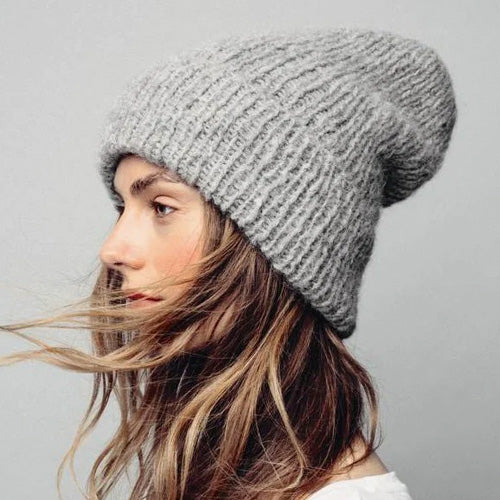
SHOP BY BRAND
Tools
Making something with your hands takes time, and using tools that make each stitch comfortable, colorful, and enjoyable is just as important as the yarn you choose.
We offer top-quality tools for knitting or crocheting, ensuring every stitch is a delight. Discover favorites like Lykke, Cocoknits, Chiaogoo, and Katrinkles.
Making something with your hands takes time, and using tools that make each stitch comfortable, colorful, and enjoyable is just as important as the yarn you choose.
We offer top-quality tools for knitting or crocheting, ensuring every stitch is a delight. Discover favorites like Lykke, Cocoknits, Chiaogoo, and Katrinkles.
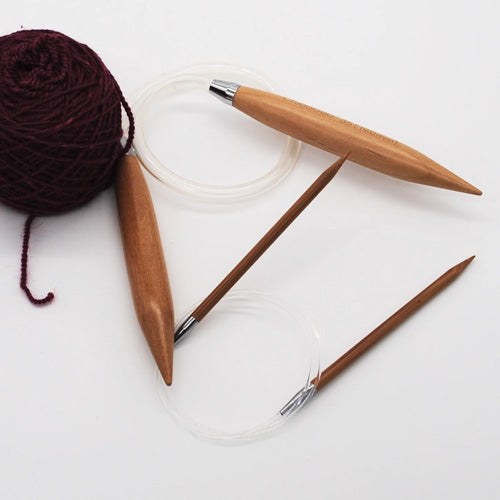
KNITTING NEEDLES
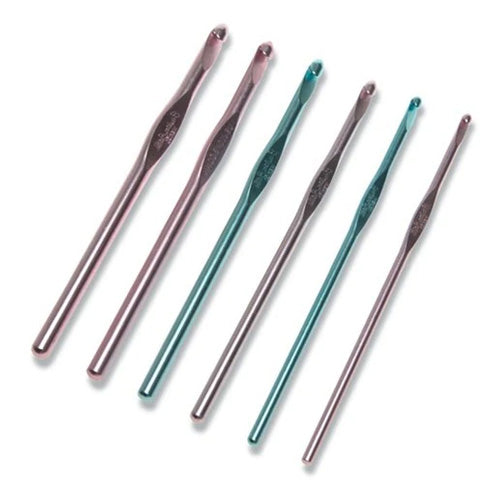
CROCHET HOOKS
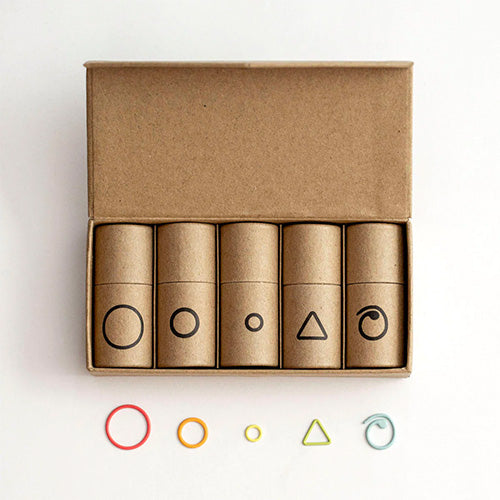
SHOP BY BRAND
Classes
Upcoming knitting and crochet classes available. Click for details on each class.
We offer one-on-one sessions and private lessons; schedule by emailing hello@apricotyarn.com or calling 619-223-3603.
Get 30 minutes for $15 or 1 hour for $30.
Upcoming knitting and crochet classes available. Click for details on each class.
We offer one-on-one sessions and private lessons; schedule by emailing hello@apricotyarn.com or calling 619-223-3603.
Get 30 minutes for $15 or 1 hour for $30.
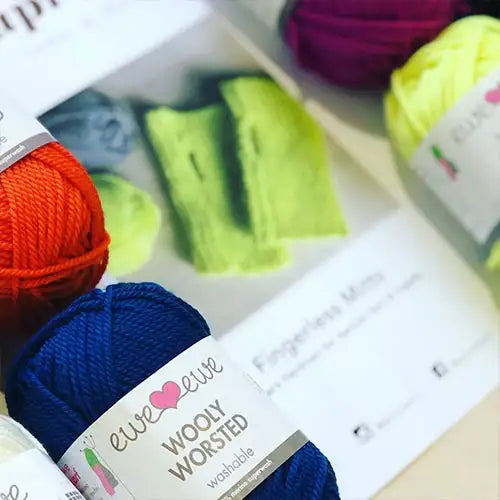
LEARN TO KNIT (BEGINNERS)
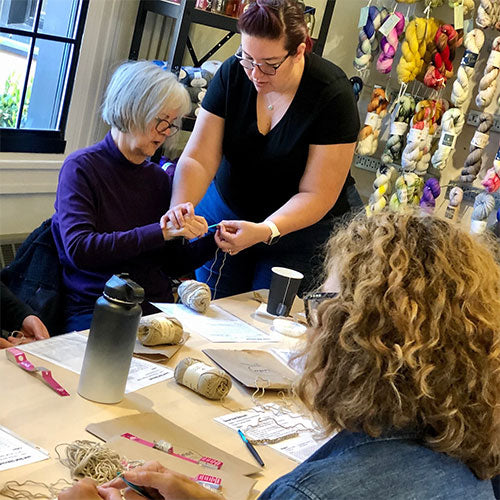
LEARN TO CROCHET (BEGINNERS)
Wool Yarn Collection
At Apricot Yarn & Supply, our wool yarn collection offers soft, durable fibers ideal for knitting and crochet. Explore versatile options like Merino wool yarn for warmth and comfort. For beginner-friendly choices, visit our knitting classes and find matching stitch markers to keep your work organized. Learn more about choosing the best fibers on our Knitting Blog and elevate your craft with quality wool yarn.
FAQs
Got a question? We are here to answer

Bri
Nice color
Nice color. Soft yarn
Ewe Ewe Yarns Baa Baa Bulky

Anonymous
Gr8
Gr8
Malabrigo Yarn Rios

Anonymous
It is a very nice yarn that is so soft
It is a very nice yarn that is so soft. It is great to work with as well. It will make a beautiful piece!
West Yorkshire Spinners Solstice

Diana Torres
The colors are perfect for st Patrick’s day
The colors are perfect for st Patrick’s day beanie i made i loved it!
Ewe Ewe Yarns Baa Baa Bulky

Angela Lord
Good quality at a great price
Good quality at a great price point!
West Yorkshire Spinners Morris Yarn

